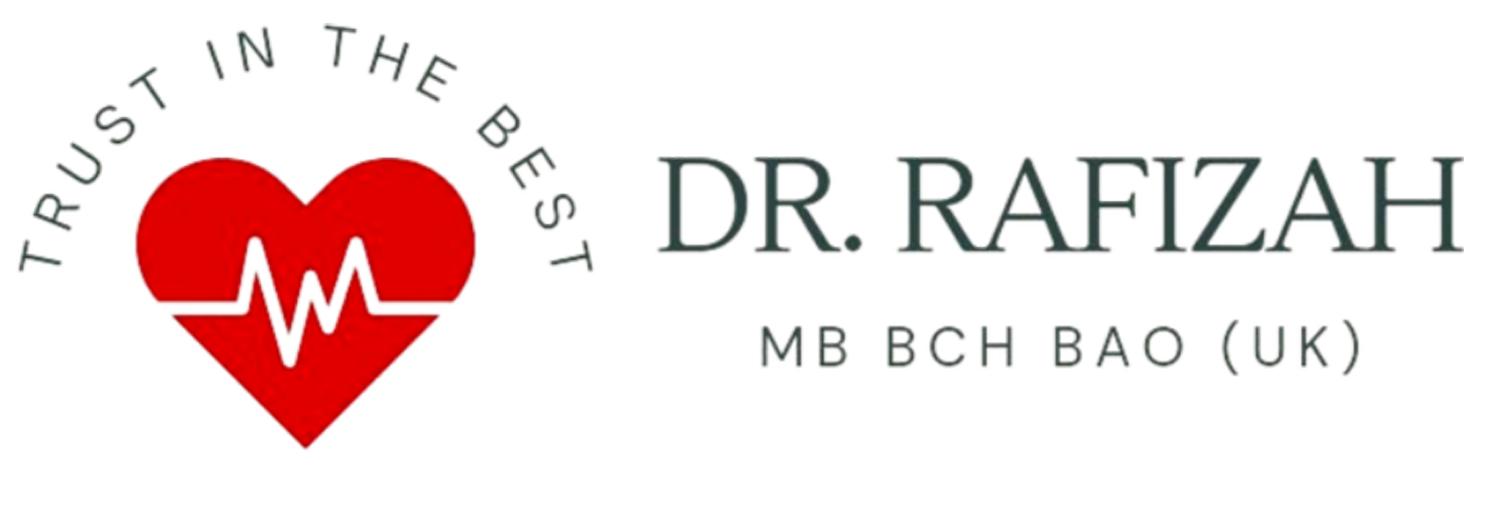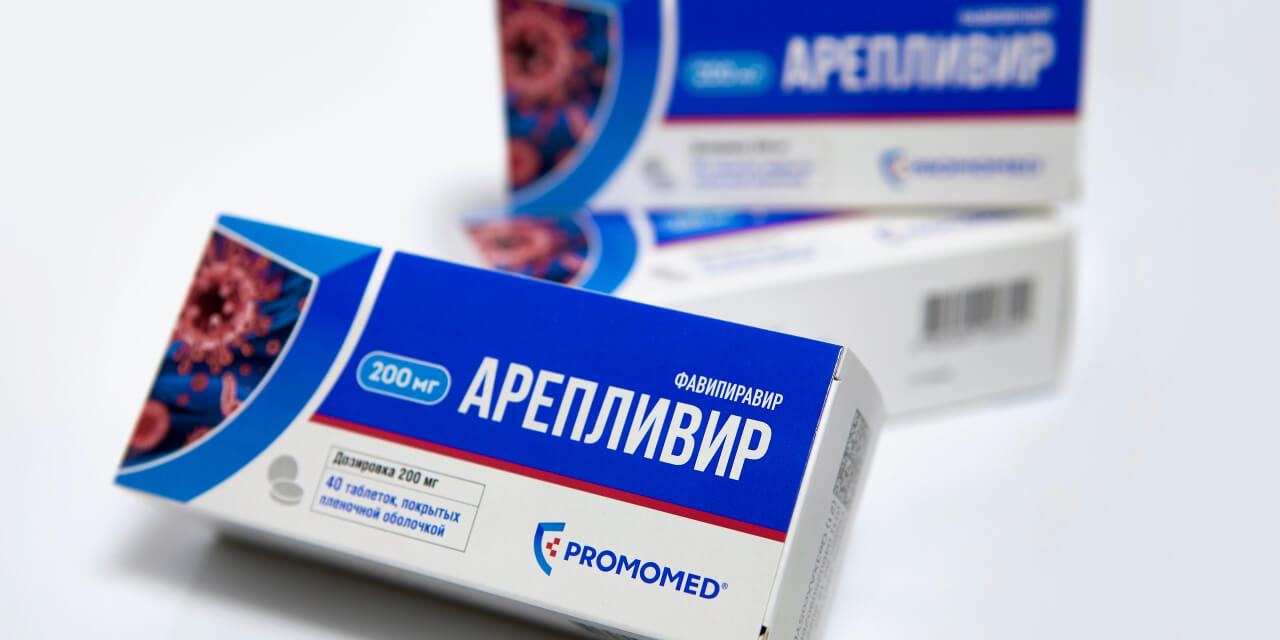Interesting Drug Name Origins! Medicines don’t get their names out of thin air. There are often very good reasons why medicines acquire the brand names that they do.
You can learn a lot about medicines based on their brand name. Montelukast, a drug used to treat COPD, takes its name from Montreal – the city in which it was discovered. While the relevant fact may or may not hold interest, the name origin acts as an anchor to help you recall the active ingredient. And, as pharmacists, knowing the names of medicines is an absolute must.
Though there are many more, let’s take a look at the top 20 drug name origins!
Drug Name Origins
| Medicine | Origin |
| Premarin | Refers to “pregnant mares’ urine”, the source from which the conjugated estrogens are taken. Premarin is used to treat postmenopausal women suffering from hot flashes. |
| Warfarin | Takes its name from the acronym WARF – Wisconsin Alumni Research Foundation, and ‘-arin’, coming from the link between warfarin and coumarin. |
| Morphine | Takes its name from the Greek god of dreams, Morpheus. |
| Montelukast | Montelukast, a drug used to treat COPD, takes its name from Montreal, the site of its discovery. |
| Glucophage | The medicine whose active ingredient is metformin, a drug used to treat type 2 diabetes. The name Glucophage derives from the Greek to mean “glucose eater”. |
| Halcion | Triazolam is the active ingredient of Halcion; a drug used to treat severe insomnia. The name “Halcion” comes from the Greek concept of “calmness” – now most associated with calmness at sea. |
| Lasix | Refers to “last 6 hours”. Lasix is a medicine used to treat fluid build-up (its active ingredient is the drug, furosemide), with diuresis being complete within 6 hours. |
| Nystatin | An antifungal medicine whose name derives from New York State Department; the developers of the drug having worked in that department during its discovery. |
| Rapamune | Whose active ingredient is sirolimus. The drug itself was first isolated from samples taken from Rapa Nui, the native name of what is called Easter Island. |
| Valium | Takes its name from the Latin word, “vale” – referring to “farewell / goodnight”. The active ingredient of Valium, diazepam, is used to treat a wide variety of conditions such as anxiety, seizures, and muscle spasms. |
| Emend | Referring to “ending emesis”, or vomiting. The active ingredient of Emend is aprepitant, an NK1 receptor antagonist. |
| Ursodiol | The active ingredient of which is ursodeoxycholic acid, a drug used to reduce gallstone formation. Ursodiol takes its name from “urso”, or “bear”, as bear bile is a source of the drug. |
| Actigall | Also contains the active ingredient ursodeoxycholic acid, though its name refers to “acting on the gallbladder”. |
| Prevacid | “Preventing acid formation”. That’s because the active ingredient of Prevacid is lansoprazole, a proton-pump inhibitor. |
| Ambien | Takes its name from the Spanish to mean “Good morning!” (AM – morning and ‘bien’ – good). The active ingredient of Ambien is zolpidem. |
| Fosamax | The active ingredient of which is alendronic acid. The name Fosamax comes from the Latin “os” to mean “bone” and “max”, to maximize its effect. |
| Macrobid | Takes its name from “Macro-“, referring to Macrodantin, and “-bid”, referring to the Latin for twice daily. The active ingredient of Macrodantin is the antibacterial drug, nitrofurantoin. |
| Xarelto | The active ingredient of which is the anticoagulant medicine, rivaroxaban. Xarelto takes its name from factor ‘Xa’, the factor that rivaroxaban inhibits to impart its anticoagulant properties. |
| Tylenol | Takes its name from the chemical structure of acetaminophen (paracetamol) – N-aceTYL-para-aminoPHENOL. |
| Lunesta | Takes its name from “Luna”, the Latin word for the Moon. The active ingredient of Lunesta is eszopiclone, a drug used to treat insomnia. |
| Flomax | A drug used in the treatment of benign prostatic hypertrophy, a condition that causes limited urine output. The active ingredient of Flomax, tamsulosin, is an alpha-receptor blocker that promotes urine flow. |




